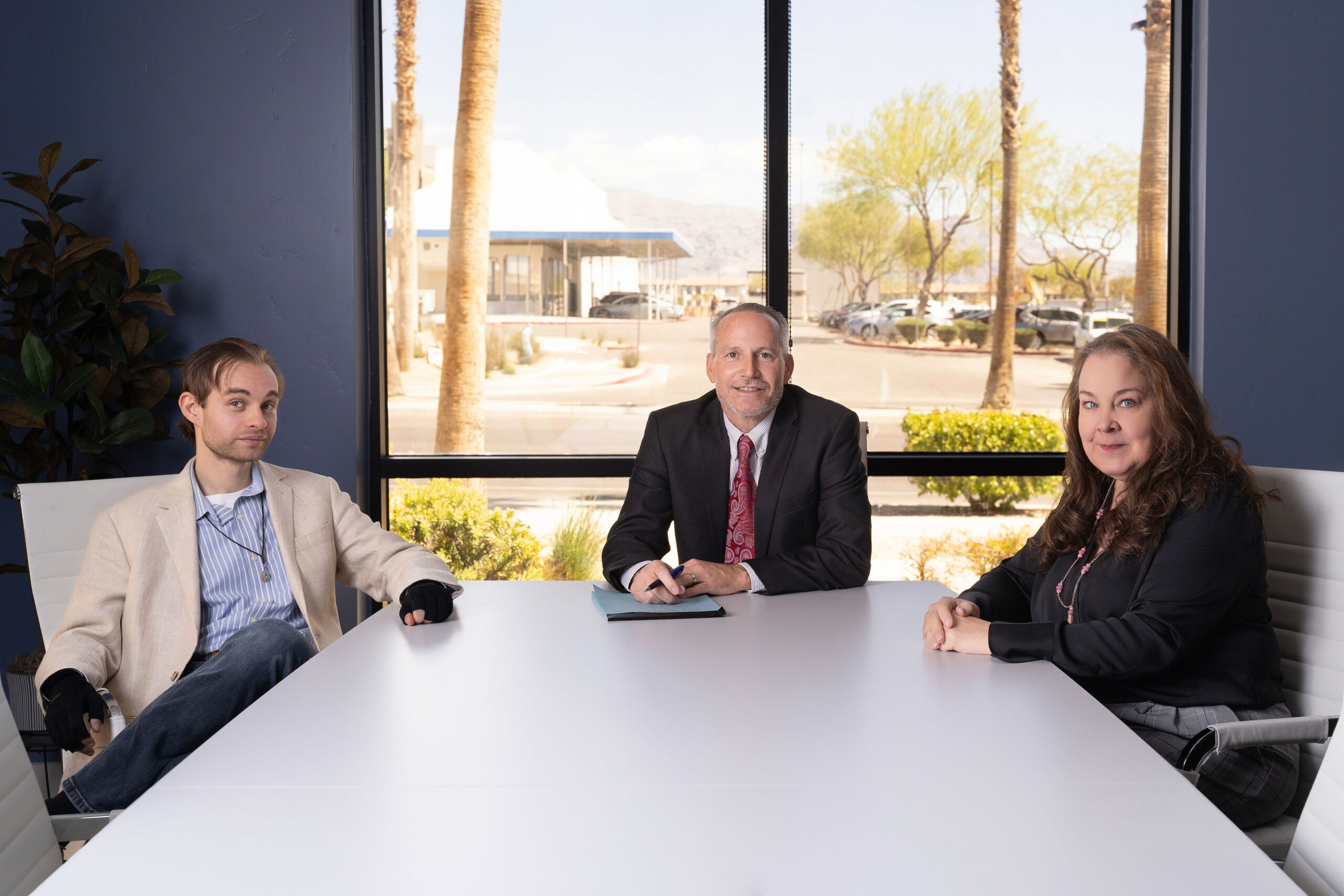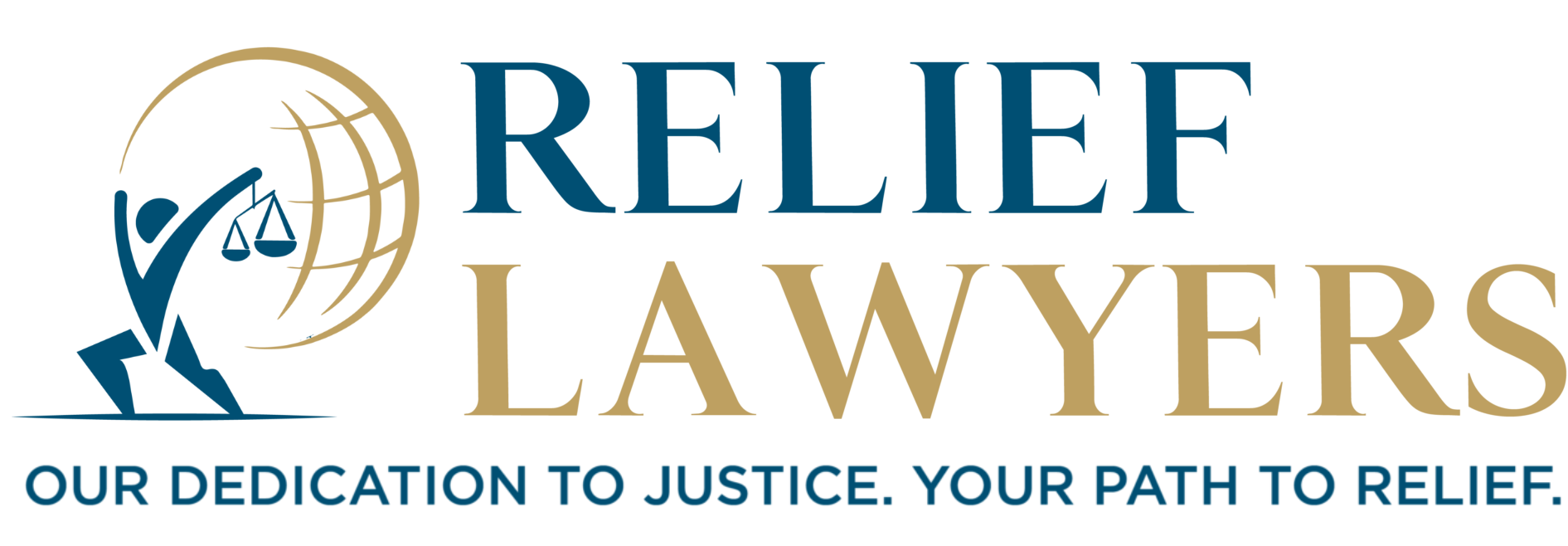Chapter 13 Bankruptcy
- Chapter 13 Bankruptcy
Filing Chapter 13 Bankruptcy: Overview and Benefits
Strategic Debt Reorganization with Chapter 13 Bankruptcy Lawyer In Las Vegas, NV
Facing overwhelming debt can be stressful, but Relief Lawyers is here to guide you. As a leading Chapter 13 bankruptcy lawyer in Las Vegas, NV, we offer strategic legal solutions to help you manage your debt and protect your assets.
Customized Chapter 13 Bankruptcy Plans
Chapter 13 bankruptcy offers a way to reorganize your finances by creating a repayment plan that allows you to pay off your debts over time. Our experienced Chapter 13 bankruptcy attorneys will work with you to craft a plan that fits your financial situation. Focusing on your unique needs, we help you regain control of your finances while maintaining ownership of your essential assets.
Professional Legal Support Throughout the Process
Navigating bankruptcy can be complex, but with an attorney for bankruptcy, you don’t have to do it alone. Our attorneys for bankruptcy are dedicated to providing you with comprehensive legal support from start to finish. We take the time to explain each step of the Chapter 13 process, ensuring you are informed and confident in your decisions. Our approach is compassionate and strategic, aimed at securing the best possible outcome for you.
Secure Your Financial Future with Chapter 13 Bankruptcy
Opting for Chapter 13 bankruptcy can be a decisive step toward financial recovery. By restructuring your debt into manageable payments, you can avoid foreclosure, keep your property, and work toward a debt-free future. Relief Lawyers is committed to helping you navigate this journey with exceptional guidance and unwavering support.
If you are struggling with debt and considering Chapter 13 bankruptcy in Las Vegas, NV, Contact Relief Lawyers today. Our knowledgeable bankruptcy attorneys are ready to assist you in creating a solid plan to secure your financial future.
1. Introduction to Chapter 13 Bankruptcy
Bankruptcy was introduced into our legal system as a way of giving a fresh start to people who are facing unmanageable financial problems, and to protect them from losing everything they have worked so hard to obtain. The process of filing for Chapter 13 bankruptcy can be a complex one. In a Chapter 13 bankruptcy, the debtor is allowed to keep his or her property, stop all collection efforts, and allow the debtor to repay creditors over a longer period – generally three to five years. The length of the repayment plan really depends on the debtor’s ability to pay. It is important to note that even though Chapter 13 bankruptcy is preferable to some debtors because it allows people to keep their property, not everyone can qualify for Chapter 13 bankruptcy.
Typically, only those debtors with stable incomes can file for Chapter 13. Those who do not qualify for a Chapter 13 may qualify for a Chapter 7 Bankruptcy, or possibly a Chapter 11 Bankruptcy.
2. The Process of Filing for Chapter 13 Bankruptcy
a. Lists, Schedules, Statements, and Incomplete Filings: Failure to file a list of creditors, or a schedule or a statement, other than the schedule of executory contracts or unexpired leases pertaining to section 521(1), within the time fixed by order of the court or the rule, can be grounds for converting.
b. Filing the Voluntary Petition: The voluntary petition for relief under chapter 11 must conform substantially with the official form and shall be verified by the debtor. The manner of verification under the present act is customer-defined and may be uniform for all cases in any particular case. The voluntary petition shall be signed by the debtor if the debtor is an individual. If a joint petition is filed, the voluntary petition shall be signed by a properly authorized agent. Subject to the specific direction of the court, the joint petition may be the same official form as filed for both other petition.
c. Relevant Place for the Filing of the Petition: A petition may be filed with the court of a district within the residence of the debtor for a case under chapter, where the debtor has had anything to do for such a district during the majority of the 180 days preceding the order of the petition, or was domiciled within the district within 180 days before the implementation of the act. The petition may also be filed with the court for the district within which the debtor has been continuously located if the division is from outside the United States.
3. Benefits of Choosing Chapter 13 Bankruptcy
Chapter 13 can stop foreclosures, lawsuits, and other collection activities while you are in the repayment plan, and can enable you to keep income and property that would otherwise be liquidated to pay off your debts. It can also provide other important protections and benefits, like “cramming down” the principal amount of your car loan, eliminating second mortgage liens, or restructuring terms of onerous contracts.
Also, just like businesses can do under Chapter 11 cases, individuals who file under Chapter 13 can avoid the loss and potentially embarrassing legal process of liquidating non-exempt property such as rental homes, recreational vehicles, or other similar assets. Individuals who file under Chapter 13 can keep their assets and formulate a repayment plan to pay a certain portion of their debts over time, so they do not need to qualify for an exemption to avoid having an asset liquidated to pay creditors. However, the exemptions can affect the monthly payment amounts under the Chapter 13 repayment plan. The reason for this is because payments under the plan are derived according to the value of the non-exempt property.
Those filing under Chapter 13 are allowed to request a long-term commitment and payment of certain debts to extend for up to 5 years, or more, and are protected from the creditors during this time. Debts such as unpaid child support, tax arrears, and student loans are best suited for treatment under the Chapter 13 plan, and are often dealt with much better under this chapter than in a Chapter 7 case.
4. Conclusion and Final Considerations
As you consider whether to file for bankruptcy, and whether Chapter 13 is the right type for you, it’s important to talk with a qualified bankruptcy attorney. An attorney can help you understand both the long-term benefits of Chapter 13, as well as the potential concerns with of filing for bankruptcy. Whether you’re at high risk of having student loans remaining, or having your attorney find non-exempt assets or substantial credit disadvantages, filing for bankruptcy is a decision best made with advice from knowledgeable legal professionals.




